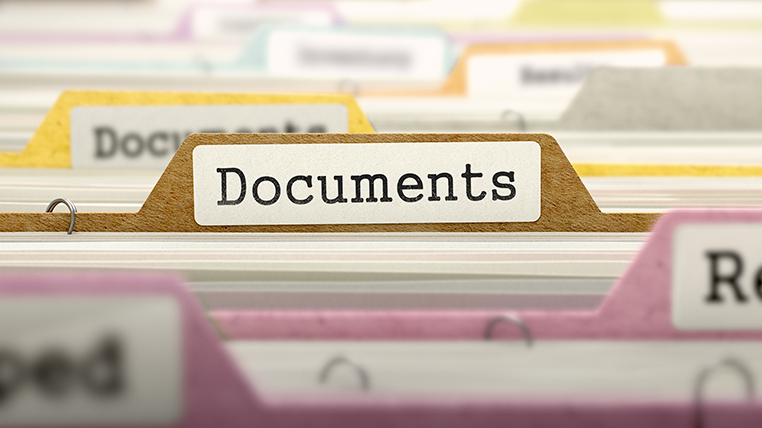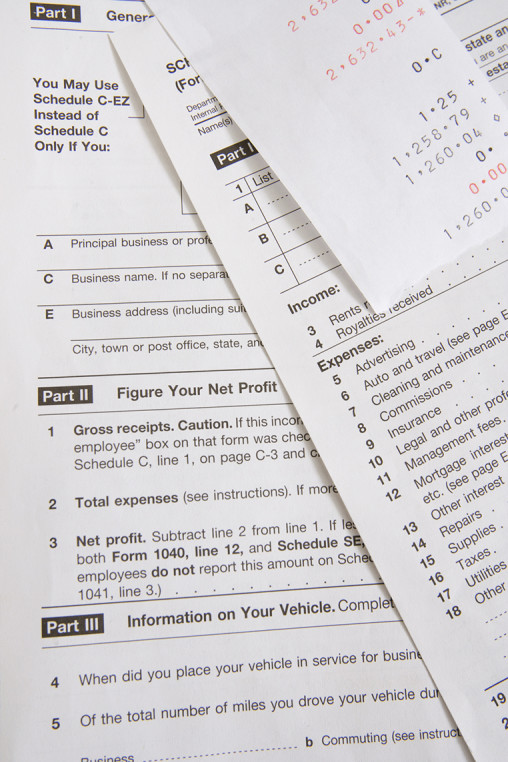
How to Make an Emergency Binder

Preparing for disasters like earthquakes, fires, or floods can help your family recover faster while also providing peace of mind. Part of that prep work includes creating an emergency binder containing the paperwork you would need in case of a crisis. Here are some tips on how to do that.
An emergency binder doesn’t have to be fancy, but it should be portable so you can grab it and go whenever you need to leave your home quickly. Start by considering the information you, a loved one, or even someone who doesn’t know anything about your family would need should you be displaced from your home. You can then organize your binder into the following categories.

Vital Records
Include copies of important documents for each family member, including birth certificates or adoption records, social security cards, passports, and marriage and driver’s licenses. Also include legal information such as wills, power of attorney, living trust documents, deeds, leases, and titles. Be sure to have current photos of each family member and indicate the off-site location of the original documents.
Medical Info
Having all of your family members’ medical information in one place can make a trip to the emergency room less stressful. Include brief medical histories, lists of allergies, copies of insurance cards, immunization records, medication lists, pharmacy information, and details about ongoing medical conditions and treatments. Also list all health care providers and their contact information.
Insurance
Include copies of all of your policies: homeowner’s, auto, health and life, as well as lists and photos of valuable personal belongings. List contact information for all insurance providers.
Financial Info
List all bank, investment, retirement, and social security accounts with passwords. Include copies of credit cards, bank statements, tax documents, current income and benefits, and outstanding mortgages and loan information. Don’t forget to include contact information for financial and legal advisors.

Emergency Contacts
List address, phone numbers, and email addresses of friends, family, and neighbors, as well as employers and benefits administrators.
Other Considerations
If you have military documents, include those, as well as any pertinent church information (such as names and contact information). If you have pets, include their photos and medical records. Also consider including educational information like degrees and transcripts.
Although putting together a binder with this much information may take some thoughtful organization, it can help save precious time when you need it most.